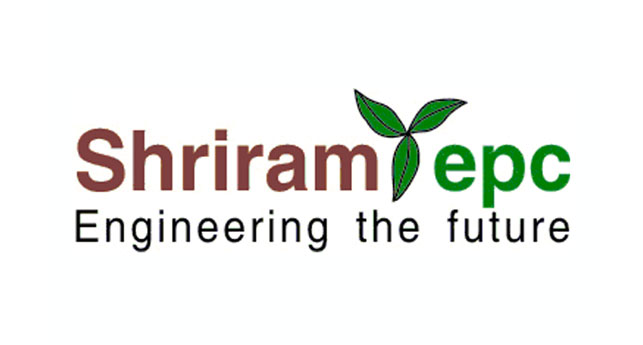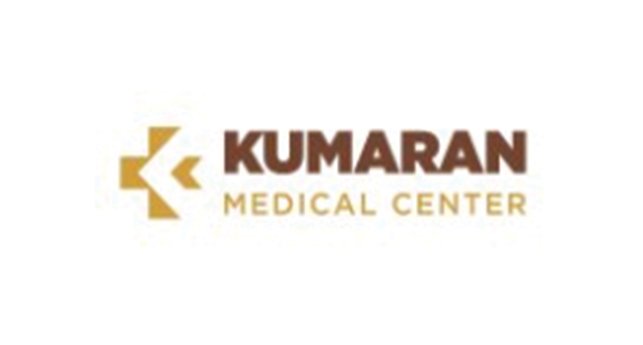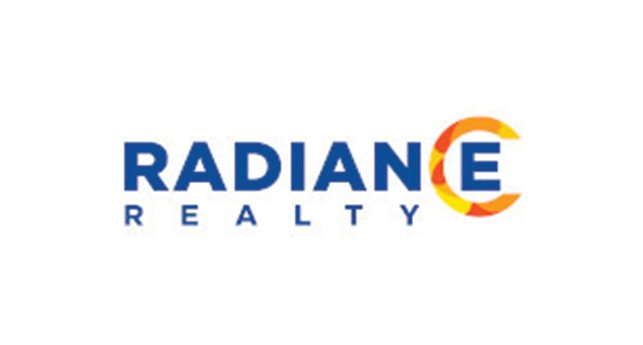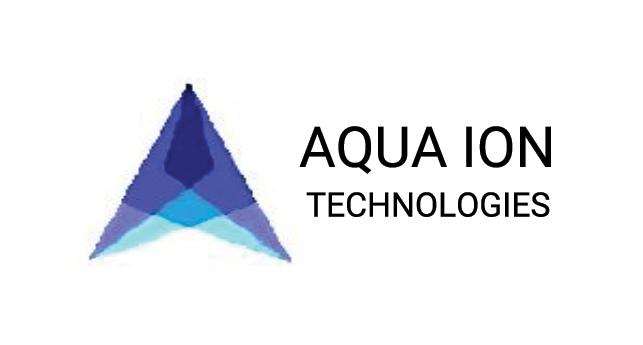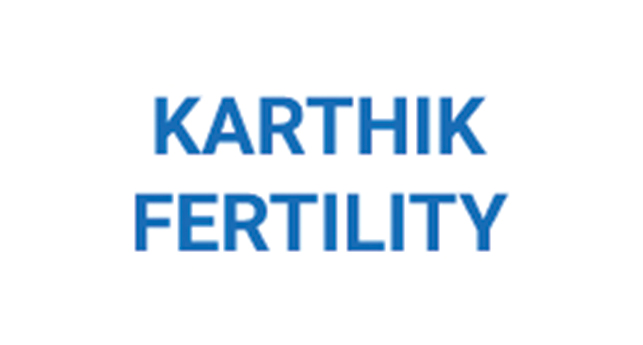Water is the lifeblood of our planet, essential for the survival of all living organisms. However, the quality of water is not just a matter of human health—it is intrinsically linked to the health of the environment. Poor water quality can have devastating effects on ecosystems, biodiversity, and the overall balance of natural systems. Conversely, a healthy environment contributes to cleaner water sources, creating a positive feedback loop that benefits both nature and humanity.
In this blog, we will explore the critical connection between water quality and environmental health, highlighting the impacts of water pollution, the importance of sustainable water management, and how we can work together to protect this vital resource.
Understanding Water Quality
Water quality refers to the chemical, physical, and biological characteristics of water, which determine its suitability for various uses, such as drinking, agriculture, and industrial processes. Key indicators of water quality include:
- pH Levels: Measures the acidity or alkalinity of water.
- Dissolved Oxygen (DO): Essential for aquatic life.
- Turbidity: Indicates the presence of suspended particles.
- Nutrient Levels: High levels of nitrogen and phosphorus can lead to eutrophication.
- Contaminants: Includes heavy metals, pesticides, and pathogens.
When these indicators fall outside acceptable ranges, water quality is compromised, leading to negative consequences for both the environment and human health.
How Water Quality Affects Environmental Health
1. Impact on Aquatic Ecosystems
Aquatic ecosystems, including rivers, lakes, wetlands, and oceans, are highly sensitive to changes in water quality. Poor water quality can:
- Harm Aquatic Life: Contaminants like heavy metals and pesticides can be toxic to fish, amphibians, and invertebrates.
- Disrupt Food Chains: The loss of key species due to pollution can destabilize entire ecosystems.
- Cause Eutrophication: Excess nutrients from agricultural runoff or wastewater can lead to algal blooms, which deplete oxygen levels and create “dead zones” where aquatic life cannot survive.
2. Loss of Biodiversity
Water pollution is a major driver of biodiversity loss. Contaminated water sources can:
- Destroy Habitats: Pollutants can degrade habitats, making them uninhabitable for many species.
- Threaten Endangered Species: Many aquatic species are already at risk due to habitat destruction and climate change. Pollution exacerbates these threats.
- Reduce Genetic Diversity: Prolonged exposure to poor water quality can lead to genetic mutations and reduced resilience in populations.
3. Soil and Plant Health
Water quality also affects terrestrial ecosystems through its impact on soil and plants. Contaminated water used for irrigation can:
- Alter Soil Chemistry: Pollutants can accumulate in the soil, affecting its fertility and structure.
- Damage Crops: Toxic substances can harm plants, reducing agricultural yields and food security.
- Enter the Food Chain: Contaminants absorbed by plants can be passed on to animals and humans, posing health risks.
4. Climate Change Interactions
Water quality and climate change are closely interconnected. Poor water quality can exacerbate the effects of climate change, while climate change can worsen water quality. For example:
- Warmer Temperatures: Higher temperatures can increase the growth of harmful algae and reduce oxygen levels in water.
- Extreme Weather Events: Floods and storms can wash pollutants into water bodies, while droughts can concentrate contaminants.
- Carbon Sequestration: Healthy aquatic ecosystems, such as wetlands and mangroves, play a vital role in capturing and storing carbon. Pollution can impair their ability to do so.
The Role of Sustainable Water Management
Sustainable water management is essential for maintaining water quality and protecting environmental health. Key practices include:
1. Preventing Pollution at the Source
- Regulate Industrial Discharges: Enforce strict limits on the release of pollutants from factories and industries.
- Promote Sustainable Agriculture: Encourage the use of organic fertilizers and integrated pest management to reduce agricultural runoff.
- Improve Wastewater Treatment: Invest in advanced wastewater treatment technologies to remove contaminants before discharge.
2. Protecting and Restoring Ecosystems
- Preserve Wetlands: Wetlands act as natural filters, removing pollutants from water.
- Reforest Riparian Zones: Planting trees along riverbanks can prevent erosion and filter runoff.
- Restore Degraded Water Bodies: Implement restoration projects to improve water quality and habitat conditions.
3. Promoting Water Conservation
- Reduce Water Waste: Encourage efficient water use in households, industries, and agriculture.
- Recycle and Reuse Water: Treat and reuse wastewater for non-potable purposes, such as irrigation and industrial processes.
- Harvest Rainwater: Collect and store rainwater to reduce reliance on freshwater sources.
4. Raising Awareness and Education
- Educate Communities: Increase awareness about the importance of water quality and sustainable practices.
- Engage Stakeholders: Involve local communities, businesses, and governments in water management efforts.
- Support Research: Invest in research to develop innovative solutions for water quality challenges.
How Arkey Enviro Care Technology Contributes to Environmental Health
Arkey Enviro Care Technology, a leader in water and wastewater treatment solutions, is committed to protecting water quality and environmental health. With over 20 years of experience, the company offers:
- Advanced Treatment Technologies: Including reverse osmosis, UV disinfection, and membrane bioreactors.
- Sustainable Solutions: Such as rainwater harvesting and water recycling systems.
- Expert Guidance: Helping clients implement best practices for water management.
By partnering with Arkey Enviro Care Technology, businesses and communities can take meaningful steps toward preserving water quality and ensuring a healthy environment.
Conclusion
The link between water quality and environmental health is undeniable. Clean water is essential for the survival of ecosystems, the preservation of biodiversity, and the well-being of all living organisms. By adopting sustainable water management practices, preventing pollution, and raising awareness, we can protect this vital resource and create a healthier planet for future generations.
Companies like Arkey Enviro Care Technology play a crucial role in this effort, providing innovative solutions and expert guidance to address water quality challenges. Together, we can make a difference and ensure a sustainable future for all.
Contact Arkey Enviro Care Technology
Head Office: #99, Perumal Kovil Street, Gerugambakkam, Chennai, 600 128
Phone: +919840096588, +91 90879 10655, +91 99520 20155
Email: info@arkeyenviro.com
Branch Office: #326/4, Mullaistreet, EzhilNagar, Thiruverumbur, Trichy, -620 014
By prioritizing water quality and environmental health, we can create a cleaner, greener, and more sustainable world. Let’s work together to protect this precious resource and ensure a brighter future for generations to come.







